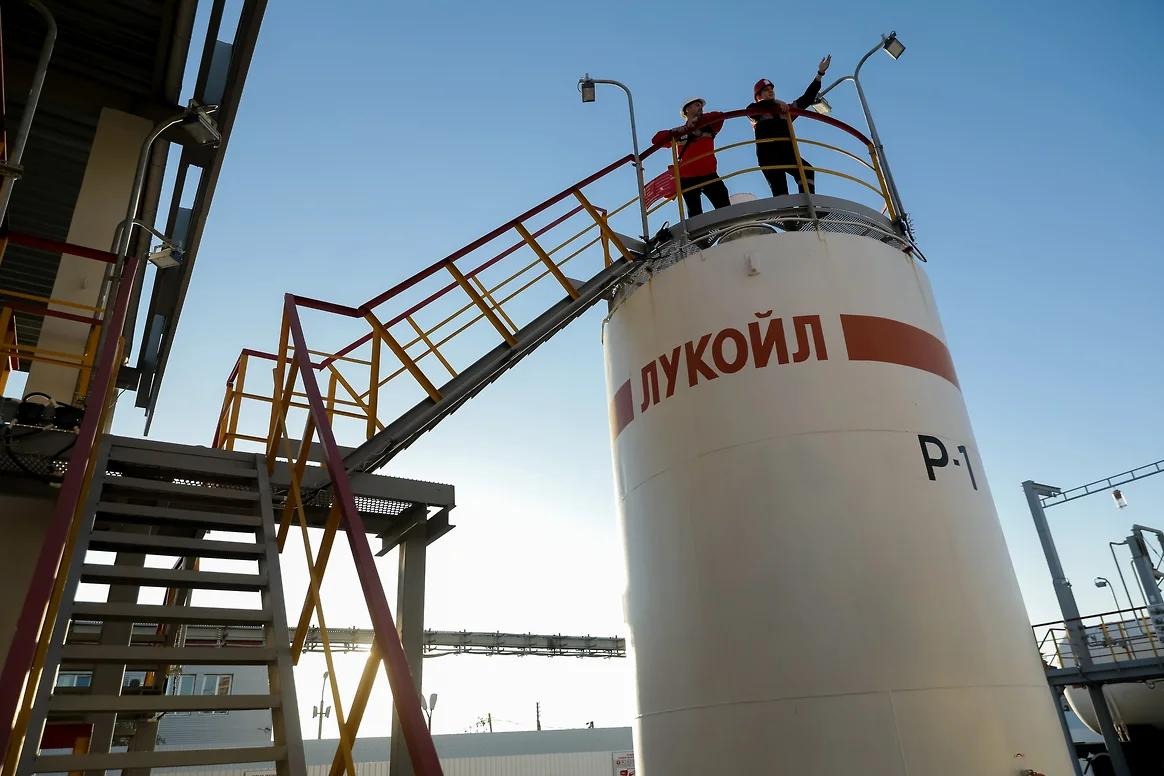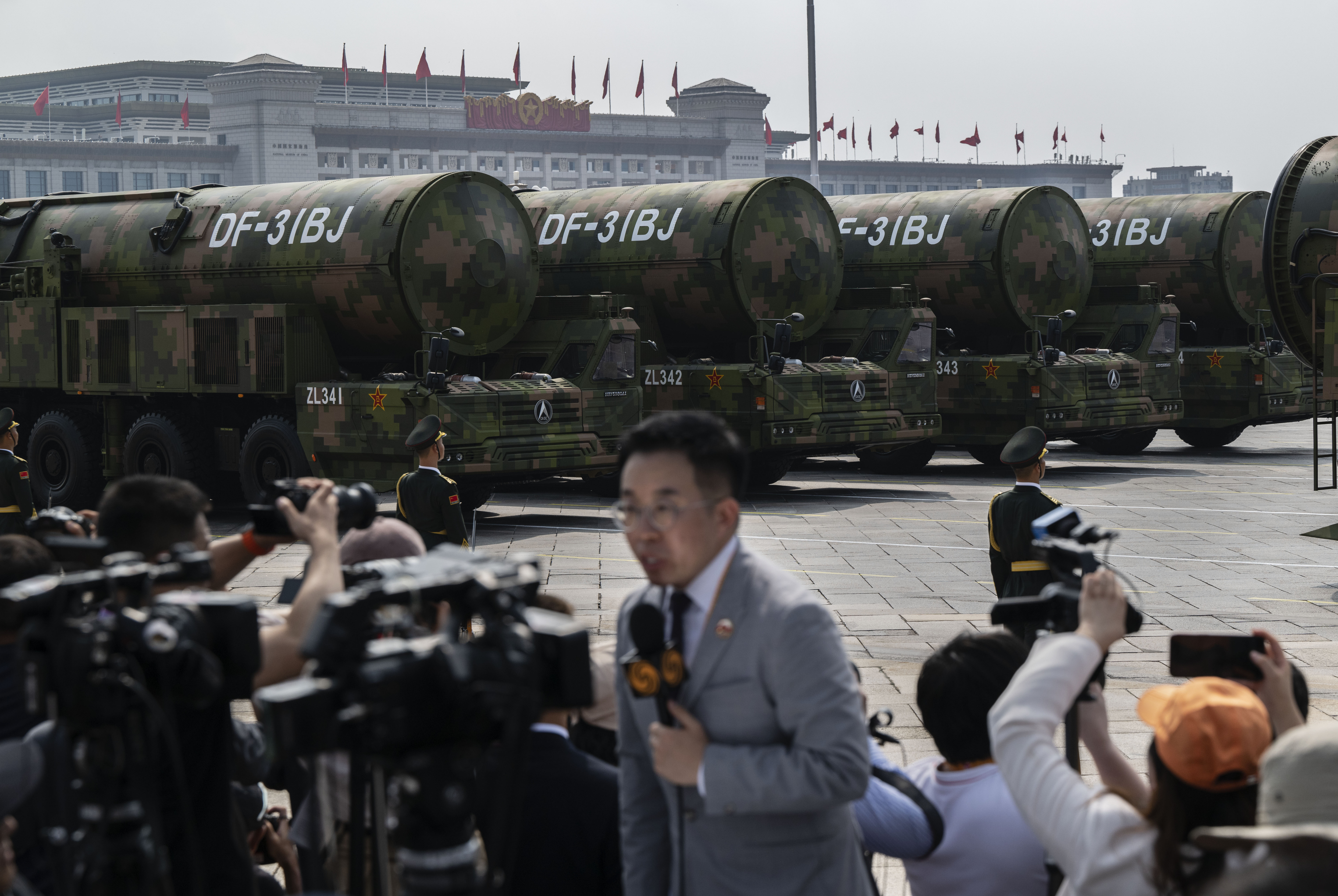…BUT REITERATES COMMITMENT TO NONPROLIFERATION EFFORTS.
…BUT REITERATES COMMITMENT TO NONPROLIFERATION EFFORTS.
Ivanov’s hint of ambivalence about the U.S. aid proposal may have sprung not only from the absence of details in Clinton’s proposal, but also from the circumstances under which the proposal was delivered. Tensions between Moscow and Washington remain raw in the wake of the Clinton administration’s decision last week to level new sanctions against three Russian research institutes suspected of having leaked Russian nuclear and missile technology to Iran.
That action–and the threat to curtail lucrative Russian launches of U.S. satellites–were related to Washington’s broader accusation that Moscow’s export control efforts have flagged in recent months. Russian government officials have angrily rejected the charge. In welcoming Clinton’s proposal, therefore, Ivanov also reiterated once again what he said was Moscow’s full commitment to the nonproliferation of weapons of mass destruction (Reuters, Russian agencies, January 20).
The proliferation issue–and the stand-off between Russia and the United States over Russia’s military and nuclear cooperation with Iran–were on the minds of many in Moscow yesterday. The subject was undoubtedly a major one in talks between Ivanov and visiting Israeli Foreign Minister Ariel Sharon (Russian agencies, January 20). Israel has joined Washington in badgering the Kremlin to halt improper cooperation–official or unofficial–between Russian nuclear and missile specialists and their Iranian counterparts. Ivanov’s declaration of Moscow’s full commitment to nonproliferation, which came following the talks with Sharon, was directed as much at Israel as it was at the United States.
For its part, in a nearly unanimous vote yesterday, the Russian State Duma characterized the U.S. charges against the three Russian institutes now facing American sanctions as “groundless.” The nonbinding Duma statement urged the Kremlin to take retaliatory measures against Washington for its efforts to pressure Moscow over its relations with Iran. The statement repeated an admonition that “the inability of Washington to normalize relations with Iran or other countries… should not be a reason for Russia to curtail its friendly relations with these countries” (Russian agencies, January 20).
Russia’s Atomic Energy Ministry also joined the fray. Prior to his meeting with Russian lawmakers, Atomic Energy Minister Yevgeny Adamov told reporters that the United States had presented no concrete evidence that Russian scientists had improperly provided nuclear technologies to Iran. Adamov called on Washington to produce such evidence and said that the two countries should begin a “constructive dialogue” on the problem (Itar-Tass, January 20). Washington claims that it has repeatedly provided Moscow with evidence backing up its charges.
Addressing the issue of the U.S. sanctions on the three Russian institutes, an Iranian Foreign Ministry official accused the United States yesterday of “gross interference” in Iran’s affairs. He said that Iran’s relations with the three institutes were “merely scientific and industrial,” and in no way justified the sanctions (AP, January 20).
RUSSIA’S REGIONS TO THE RESCUE? ”


